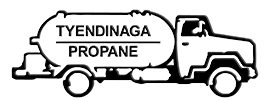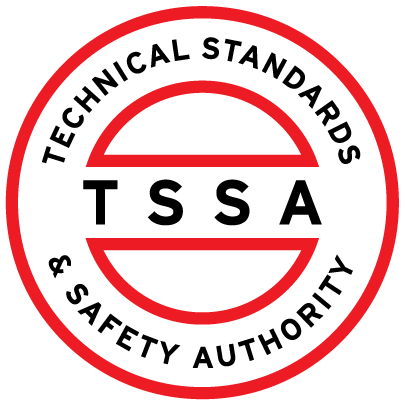Request a Free Quote
Our qualified technicians will come to your home and provide you with a complete assessment on what your home will need to provide you with our services. Please complete this form so that we can book an appointment for you. This information is asked so that when you choose Tyendinaga Propane as your provider, it is a smooth transition to open an account.
You can either print the form to fill out and send or bring to our office location, or fill in your details online and submit the form below. We will be in touch with you soon after we receive your request.



